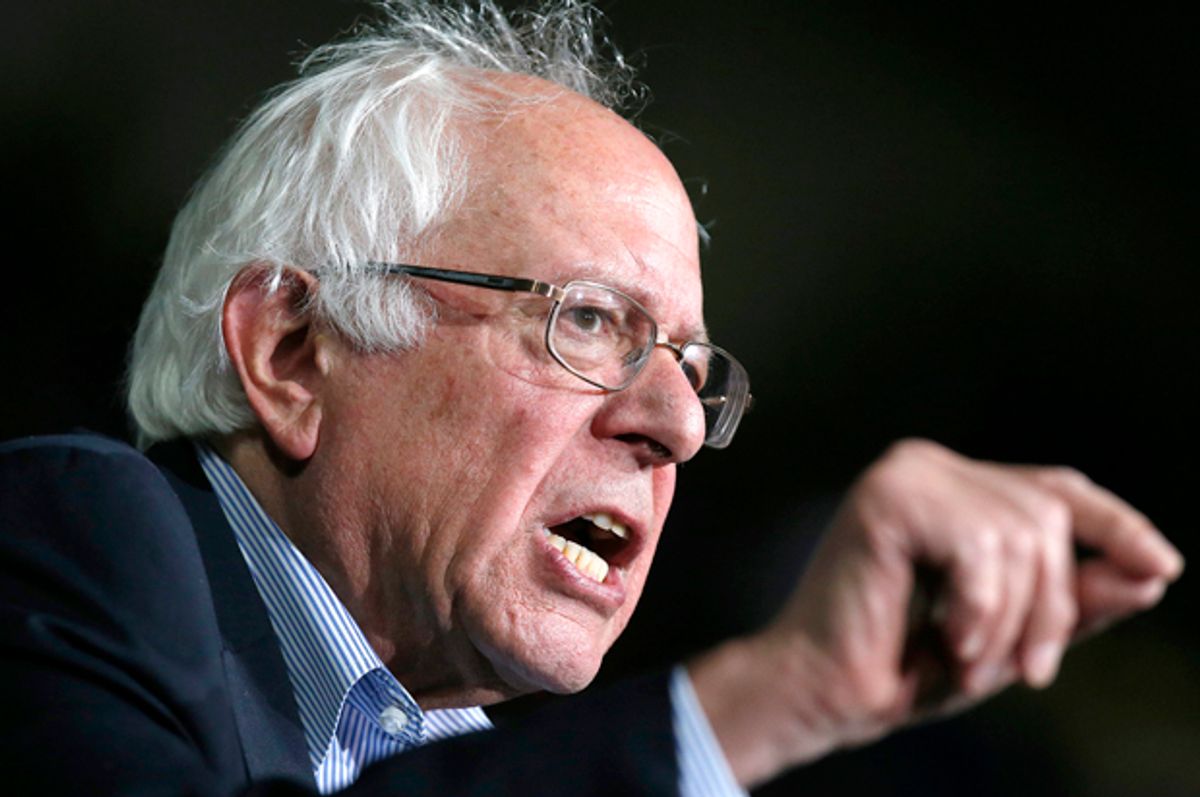History was made this week: 12 nations representing 40 percent of the global economy finalized the Trans-Pacific Partnership, the largest regional trade agreement ever made. While multinational corporations and free-market aficionados are rejoicing, however, environmental and labor groups warn that this was bad history in the making.
"It's a corporate dream but a nightmare for those of us on Main Street," remarked Chris Shelton, president of the Communications Workers of America (CWA) union. It's "clear that the TPP remains a bad deal for working families and communities."
Although most of the countries -- including the U.S., Japan, Mexico, Canada, Australia and more -- that agreed upon the TPP are ostensibly democratic nations, it was deliberated in secret for five years, without input from citizens. To date, even though the deal has already been agreed upon, its details have still not been publicly released.
The little that is known about the TPP is only known thanks to whistle-blowing journalist organization WikiLeaks, which leaked some of the secretive agreement's 29 chapters.
The final negotiations of the deal, which is often referred to as "NAFTA on steroids," were made in secret in Atlanta on Monday, while activists were outside, protesting. Now the pact must get congressional approval, before it can be signed into law. The legislature already approved "fast-track" authority for the deal, so it will likely go through -- but perhaps not without a fight from progressive opponents.
Environmental organizations are worried. They warn the TPP will mean "absolute disaster" for the climate.
"The TPP as a whole is a frontal assault on environmental and climate safeguards," said Friends of the Earth president Erich Pica. Pica explained the deal will allow corporations "to sue governments for billions if climate or environmental rules interfere with corporate profits."
Sierra Club executive director Michael Brune warned the TPP "would empower big polluters to challenge climate and environmental safeguards in private trade courts and would expand trade in dangerous fossil fuels that would increase fracking and imperil our climate."
The "TPP makes climate change worse," asserted 350.org executive director May Boeve. "By handing even more power to Big Oil, letting massive corporations throw tantrum lawsuits at governments who dare to scale back emissions, and spreading fracking further around the world, there's no question that TPP is an absolute disaster for our climate."
A variety of forces oppose the deal, including even some on the right, leading to some complex and unorthodox alliances. Progressives and dissidents within the Republican Party have found common cause against the TPP, which has been pushed through by the Obama administration, with largely bipartisan support.
Republican congressman David Joyce said, "I find it sort of humorous that they don’t trust the president on Iran or anything else but they’ll trust him with TPA, which I think could really do severe damage to our country and to manufacturing as a whole."
On the other side of the aisle, Sen. Elizabeth Warren has blasted Obama on the deal, which she says will be "unable to stop the worst abuses."
Presidential candidate and longtime independent Sen. Bernie Sanders has staunchly opposed the TPP for years. Fellow Democratic presidential candidate Hillary Clinton, who was deeply involved in promoting the TPP throughout her tenure in the State Department, has yet to take a firm position on the deal.
Labor groups, on the other hand, are virtually unanimously clear in their opposition to the deal. The International Brotherhood of Teamsters, which represents 1.4 million workers throughout the country, along with Canada and Puerto Rico, called the TPP "a bad deal that doesn’t deserve the stamp of approval from Congress."
"Bum trade deals like NAFTA have killed upwards of 1 million U.S. jobs, many of which moved abroad. And that’s the concern with the looming TPP," warned Teamsters general president Jim Hoffa. "These big business handouts continue to hollow out the manufacturing base of communities and destroy middle-class jobs in their wake."
"The corporate lobbyists who make up the majority of U.S. trade advisers have been pushing hard for an agreement, mainly because they've known all along that what's in the TPP represents a sweet deal for multinational corporations and the 1 percent," CWA's Chris Shelton explained. "For the rest of us—U.S. working families and communities, and workers in the other TPP countries—this agreement is bad news"
Richard Trumka, president of the AFL-CIO, a confederation of American unions representing 12.5 million workers, called for the specifics of "this corporate trade deal" to be made public. He noted that continued secrecy surrounding the deal will not "bring confidence that our priorities count as much as those of global corporations."
"The only good thing about a TPP agreement being reached is that the American people will finally be able to read every line of this deal," said United Food and Commercial Workers president Marc Perrone. "Given what we already know from leaked drafts, we should prepare for the worst, and expect even worse than that."

Shares